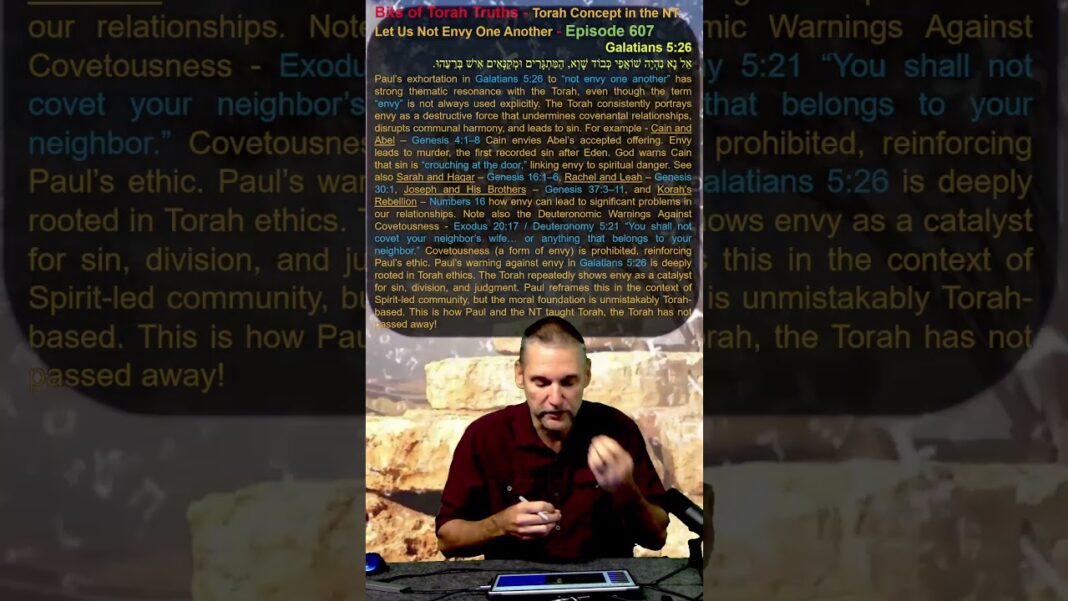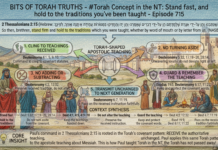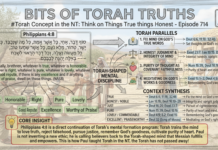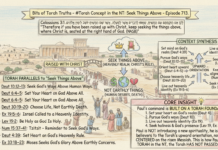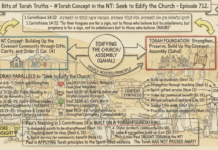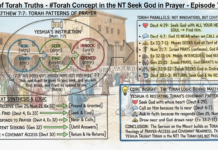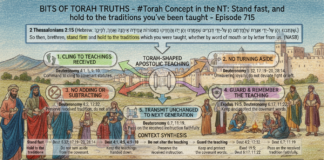Bits of Torah Truths – Torah Concept in the NT: Let Us Not Envy One Another – Episode 607
Galatians 5:26
אַל נָא נִהְיֶה שׁוֹאֲפֵי כְּבוֹד שָׁוְא, הַמִּתְגָּרִים וּמְקַנְּאִים אִישׁ בְּרֵעֵהוּ.
#torah #torahwisdom #torahtruth #torahforlife #torah4you #torahtruth
Galatians 5:26
5:26 Let us not become boastful, challenging one another, envying one another. (NASB)
https://www.matsati.com/index.php/category/bits-of-torah-truths/
Paul’s exhortation in Galatians 5:26 to “not envy one another” has strong thematic resonance with the Torah, even though the term “envy” is not always used explicitly. The Torah consistently portrays envy as a destructive force that undermines covenantal relationships, disrupts communal harmony, and leads to sin. For example – Cain and Abel – Genesis 4:1–8 Cain envies Abel’s accepted offering. Envy leads to murder, the first recorded sin after Eden. God warns Cain that sin is “crouching at the door,” linking envy to spiritual danger. See also Sarah and Hagar – Genesis 16:1–6, Rachel and Leah – Genesis 30:1, Joseph and His Brothers – Genesis 37:3–11, and Korah’s Rebellion – Numbers 16 how envy can lead to significant problems in our relationships. Note also the Deuteronomic Warnings Against Covetousness – Exodus 20:17 / Deuteronomy 5:21 “You shall not covet your neighbor’s wife… or anything that belongs to your neighbor.” Covetousness (a form of envy) is prohibited, reinforcing Paul’s ethic. Paul’s warning against envy in Galatians 5:26 is deeply rooted in Torah ethics. The Torah repeatedly shows envy as a catalyst for sin, division, and judgment. Paul reframes this in the context of Spirit-led community, but the moral foundation is unmistakably Torah-based. This is how Paul and the NT taught Torah, the Torah has not passed away!
